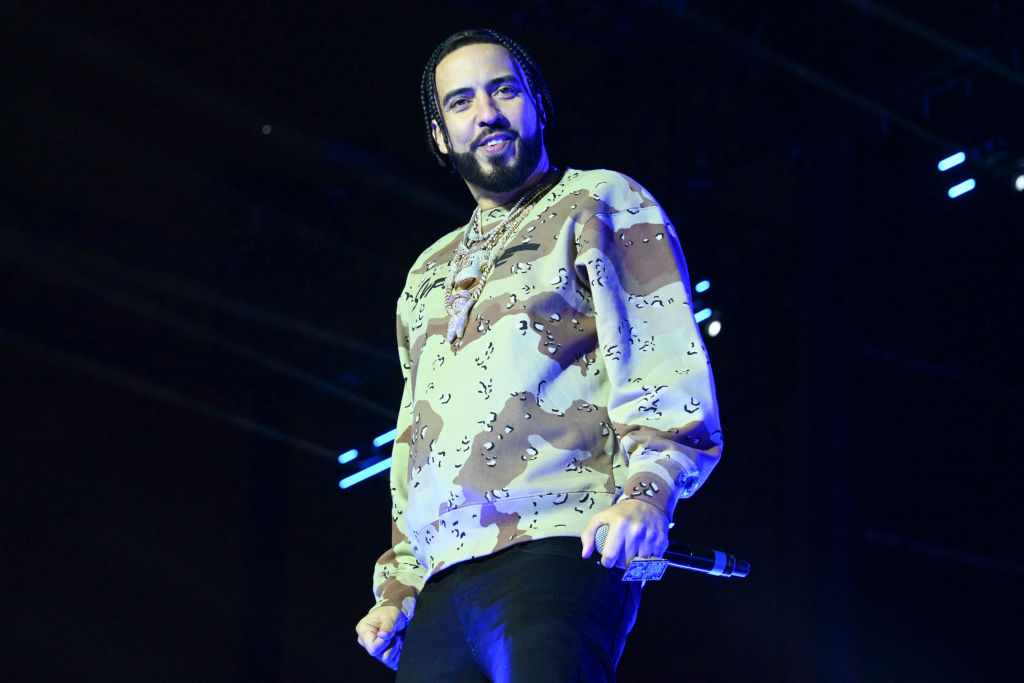2020 was an unprecedented time for everyone, with the coronavirus pandemic leaving many people stuck at home, for more than a year at this point. State-mandated lockdowns left people unable to perform their daily (let alone extra-curricular) activities, and even seemingly mundane things, such as going to school, the grocery stores, or seeing friends were foregone. People had a tremendous amount of time on their hands during the day as a result, and much of this time was filled by social media, especially then-newcomer app, TikTok.
TikTok was the most downloaded app of 2020, with five times as many downloads as 2019. The application was installed 63 million times in August 2020 alone. The boost in numbers from 2019 to 2020 was primarily encouraged by COVID-19 lockdowns, allowing people to turn to the endless, easily-digestible content of social media to keep spirits high. TikTok has continued to hold the #2 or #3 spot among the most popular free apps, only second to Robinhood or YouTube, throughout 2021, with videos ranging from 15 seconds to 1 minute long and featuring anything from comedy to dance to storytelling. One of the primary functions of TikTok is that it allows users to soundtrack their videos with a song or soundbite of their choosing, promoting different sounds depending on their popularity. If a sound on TikTok is famous, it often ends up trending on charts like the Billboard Hot 100 or the Spotify Viral 50, and thus, the app’s nearly 700 million users have had a significant effect on charting music.

Drew Angerer/Getty Images
Much of the reason why music continues to do so well on TikTok is due to the app’s addictive recommendation engine that constantly keeps users coming back for more. The engine provides users with a personalized feed, so they never have to search for content, and videos start playing as soon as you open the app, thus hooking the user immediately. Everything comes down to engagement– if people are interested in the content and they like or share it, it gets significantly boosted by the algorithm. TikTok has also adopted a video algorithm that is similar to YouTube in the sense that it tracks watch time, so if you watch an entire video rather than quickly scrolling past, it is marked as a higher indication of interest. If a video is shocking or funny and users hover on it for longer, it is automatically boosted by watch time. TikTok’s recommendation engine makes it much easier for users to go viral too, and naturally, this has caused certain songs to explode in popularity, as well as more viable space for unknowns to become-known.
How has TikTok’s success and its songs’ popularity affected the rap game, and how do the hip-hop artists who’ve trended on the app feel about their viral success?
Short-Form Rap is Nothing New
In the early 2000s, ringtone rap heavily influenced the charts, with Billboard even creating a “Hot Ringtones” chart. Soulja Boy and Chamillionaire were the primary beneficiaries, dominating quick, danceable rap trends with tracks like “Crank Dat” and “Ridin’.” These songs and their subsequent music videos encouraged others to imitate a short-form dance routine and videotape it during the early days of YouTube, as many are doing on TikTok today.
Artists Who Have Benefited From TikTok Fame
Many small artists have seen mainstream success due to TikTok trends in their name, especially when no one could perform live shows during the height of the COVID-19 pandemic. In 2019, pre-pandemic trends used songs like bbno$’s “Lalala” and Ambjaay’s “Uno.” Both artists signed major label deals with Columbia Records respectively, shortly after achieving viral status on the app.
Mobile, Alabama rapper Flo Milli also found success when her song “Beef Flomix” went viral in late 2019. “Beef Flomix” is an excellent example of a TikTok sound that didn’t have a specific dance trend or challenge attached to it, but rather soundtracked a more general mood or idea.
Primarily, women used the song to “flex” during their videos, given that the sound has an aura of not caring what other people think and embracing your bad b*tch alter-ego. The song became an anthem of femininity where women encouraged one another to let go of negative energy (or men) holding them back. “Beef Flomix” was Flo Milli’s first-ever single, and its success catapulted her into the spotlight. By the end of 2019, “Beef Flomix” and her similarly-viral track “In The Party” landed her a record deal with RCA and ‘94 Sounds, prompting her to release several other singles before her 2020 debut EP Ho, why is you here?
In 2020, the app took off even further, not only due to the success of once-unknown viral artists, but because of more famous contributions to the app. Both Megan Thee Stallion and Drake, have had songs go viral on TikTok, which incidentally boosted their position on the charts. Not all of these viral sounds accompanied a dance challenge, however. Drake saw “Nonstop” being used for a trend where a couple or a pair of friends would stand in front of a mirror, flipping on and off the lights as Drake raps, “I just flipped the switch (flipped, flipped).” When the lights come back on, the two would have switched clothes. Many famous couples, including J-Lo and A-Rod, participated in the trend, accumulating millions of likes and driving the record’s streaming numbers up in the process.
@jlo Wait for it…
from Young And Hungry Entertainment https://ift.tt/2Qxr4KQ
via Young And Hungry Ent.
source https://youngandhungryent.blogspot.com/2021/04/the-tiktok-music-takeover.html
from Young And Hungry Entertainment https://ift.tt/3ednnlI
via Young And Hungry Ent.

No comments:
Post a Comment